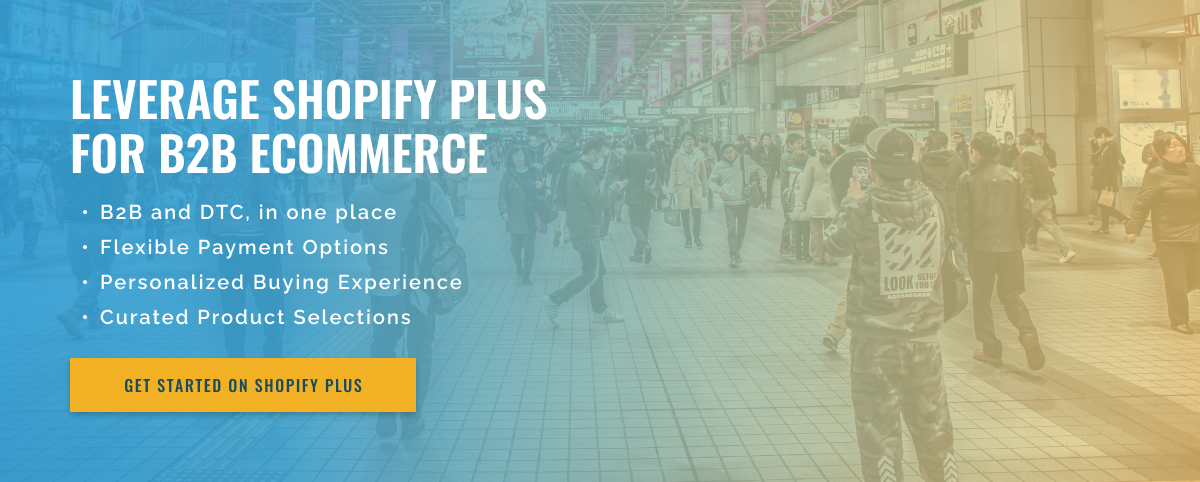3 minute read
Shopify’s Approach to API Compatibility for B2B Businesses
eCommerce has become a key aspect of business in recent years, with the increase in online shopping and the need for companies to have a strong online presence. Shopify, one of the leading eCommerce platforms, has enabled businesses of all sizes to efficiently create and manage online stores. In addition to its popularity among B2C companies, Shopify has also gained popularity in the B2B sector.
However, with the constant need for updates and changes in the eCommerce industry, B2B companies need assurance that this will not have a negative impact on their business. This is where Shopify’s commitment to backward compatibility and stability comes into play.
Backward compatibility refers to the ability of software or technology to work seamlessly with previous versions or systems. In the context of Shopify, this means that any updates or changes to the platform’s API (application programming interface) do not disrupt the API for B2B companies. This is crucial because B2B companies often have complex operations and integrations that need to run smoothly and smoothly.
One of the ways Shopify ensures backward compatibility and stability for its B2B customers is through a rigorous testing process. Before any updates or changes are released, they go through several phases of testing to make sure they don’t cause any problems. This includes beta testing with select sellers and partners, as well as internal testing by the Shopify team. This allows them to identify any issues and make any necessary corrections before the changes go into effect.
Another way Shopify ensures stability is through its version control system. Any update or change to the API will be published as a new version. This means that older versions will still be available and used by B2B companies that may not be ready to immediately migrate to the new version. This ensures a smoother transition and gives companies time to adapt to any changes at their own pace.
Additionally, Shopify provides robust documentation and resources for its API, making it easier for B2B companies to understand and integrate with the platform. This includes providing detailed release notes for each version, as well as tutorials and developer guides. This helps B2B companies stay informed about any changes and adapt their systems accordingly.
To summarize, Shopify recognizes the importance of backward compatibility and stability for B2B businesses. Through thorough testing, version control, and extensive documentation, they ensure that API updates or changes do not disrupt the operations of their B2B customers. This commitment to stability and reliability makes Shopify a trusted and reliable company.

